Description
Efnisyfirlit
- List of Figures and Tables
- Preface
- About the Authors
- Chapter 1 Introduction
- Key Concepts
- What Is Sociological Theory?
- Why Read Original Works?
- Navigating Sociological Theory: The Questions of “Order” and “Action”
- The Questions of Order and Action and the Opioid Epidemic
- The European Enlightenment
- The Industrial Revolution
- ▶ Significant Others—Auguste Comte (1798–1857): The Father of “Social Physics”
- Political and Religious Transformations
- The French Revolution
- Enlightenment Thinkers and the Questions of Order and Action
- The Limits of Enlightenment
- The Ins and Outs of the Sociological Theory “Canon”
- Contemporary Sociological Theory
- Discussion Questions
- Part I Foundations of Classical Sociological Theory
- Chapter 2 Karl Marx (1818–1883)
- Key Concepts
- A Biographical Sketch
- Intellectual Influences and Core Ideas
- ▶ Significant Others—Thorstein Veblen (1857–1929): The Leisure Class and Conspicuous Consumption
- Marx’s Theoretical Orientation
- ▶ Significant Others—Antonio Gramsci (1891–1937): Hegemony and the Ruling Ideas
- ▶ Readings
- Introduction to The German Ideology
- From The German Ideology (1845–1846)
- Introduction to Economic and Philosophic Manuscripts of 1844
- From Economic and Philosophic Manuscripts of 1844
- Introduction to The Communist Manifesto
- From The Communist Manifesto (1848)
- Introduction to Capital
- From Capital (1867)
- Discussion Questions
- Chapter 3 Émile Durkheim (1858–1917)
- Key Concepts
- A Biographical Sketch
- Intellectual Influences and Core Ideas
- ▶ Significant Others—Herbert Spencer (1820–1903): Survival of the Fittest
- Durkheim’s Theoretical Orientation
- ▶ Readings
- Introduction to The Division of Labor in Society
- From The Division of Labor in Society (1893)
- Introduction to The Rules of Sociological Method
- From The Rules of Sociological Method (1895)
- Introduction to Suicide: A Study in Sociology
- From Suicide: A Study in Sociology (1897)
- Introduction to The Elementary Forms of Religious Life
- From The Elementary Forms of Religious Life (1912)
- Discussion Questions
- Chapter 4 Max Weber (1864–1920)
- Key Concepts
- A Biographical Sketch
- Intellectual Influences and Core Ideas
- Sociology
- Of Nietzsche and Marx
- ▶ Significant Others—Friedrich Nietzsche (1844–1900): Is God Dead?
- ▶ Significant Others—Robert Michels (1876–1936): The Iron Law of Oligarchy
- Weber’s Theoretical Orientation
- ▶ Readings
- Introduction to The Protestant Ethic and the Spirit of Capitalism
- From The Protestant Ethic and the Spirit of Capitalism (1904)
- Introduction to “The Distribution of Power within the Political Community: Class, Status, Party”
- From “The Distribution of Power within the Political Community: Class, Status, Party” (1925)
- Introduction to “The Types of Legitimate Domination”
- From “The Types of Legitimate Domination” (1925)
- Introduction to “Bureaucracy”
- From “Bureaucracy” (1925)
- Discussion Questions
- Part II Classical Sociological Theory: Expanding the Foundation
- Chapter 5 Charlotte Perkins Gilman (1860–1935)
- Key Concepts
- A Biographical Sketch
- ▶ Significant Others—Harriet Martineau (1802–1876): The First Woman Sociologist
- Intellectual Influences and Core Ideas
- Gilman’s Theoretical Orientation
- ▶ Reading
- Introduction to Women and Economics
- From Women and Economics (1898)
- Discussion Questions
- Chapter 6 Georg Simmel (1858–1918)
- Key Concepts
- A Biographical Sketch
- Intellectual Influences and Core Ideas
- Society
- Sociology
- The Individual in Modern Society
- The Individual and Money
- ▶ Significant Others—Ferdinand Tönnies (1855–1936): Gemeinschaft and Gesellschaft
- Simmel’s Theoretical Orientation
- ▶ Readings
- Introduction to “Exchange”
- From “Exchange” (1907)
- Introduction to “The Stranger”
- “The Stranger” (1908)
- Introduction to “The Metropolis and Mental Life”
- “The Metropolis and Mental Life” (1903)
- Discussion Questions
- Chapter 7 W. E. B. Du Bois (1868–1963)
- Key Concepts
- ▶ Significant Others—Anna Julia Cooper (1858–1964): A Voice from the South
- A Biographical Sketch
- Intellectual Influences and Core Ideas
- Du Bois’s Theoretical Orientation
- ▶ Readings
- Introduction to The Souls of Black Folk
- From The Souls of Black Folk (1903)
- Introduction to “The Souls of White Folk”
- From “The Souls of White Folk” (1920)
- Discussion Questions
- Chapter 8 George Herbert Mead (1863–1931)
- Key Concepts
- A Biographical Sketch
- Intellectual Influences and Core Ideas
- Pragmatism
- Behaviorism
- ▶ Significant Others—Charles Horton Cooley (1864–1929): The “Looking-Glass Self”
- Evolutionism
- ▶ Significant Others—William James (1842–1910): Consciousness and the Self
- Mead’s Theoretical Orientation
- ▶ Readings
- Introduction to “Mind”
- From “Mind” (1934)
- Introduction to “Self”
- From “Self” (1934)
- Discussion Questions
- Part III Twentieth-Century Sociological Traditions
- Chapter 9 Structural Functionalism
- Key Concepts
- Talcott C. Parsons (1902–1979): A Biographical Sketch
- ▶ Significant Others—C. Wright Mills (1916–1962): An American Critic
- Parsons’s Intellectual Influences and Core Ideas
- Action Systems and Social Systems
- The Pattern Variables
- AGIL
- Parsons’s Theoretical Orientation
- ▶ Readings
- Introduction to “Categories of the Orientation and Organization of Action”
- From “Categories of the Orientation and Organization of Action” (1951)
- Introduction to “An Outline of the Social System”
- From “An Outline of the Social System” (1961)
- Robert K. Merton (1910–2003): A Biographical Sketch
- Merton’s Intellectual Influences and Core Ideas
- Merton’s Theoretical Orientation
- ▶ Readings
- Introduction to “Manifest and Latent Functions”
- From “Manifest and Latent Functions” (1949)
- Introduction to “Social Structure and Anomie”
- From “Social Structure and Anomie” (1968)
- Discussion Questions
- Chapter 10 Critical Theory
- Key Concepts
- Theodor Adorno and Herbert Marcuse: Biographical Sketches
- Theodor Adorno (1903–1969)
- Herbert Marcuse (1898–1979)
- The Institute for Social Research
- Adorno’s and Marcuse’s Intellectual Influences and Core Ideas
- Marx, Weber, and the Revolution That Wasn’t
- ▶ Significant Others—Walter Benjamin (1892–1940): Art in the Age of Mechanical Reproduction
- Freud and the “Unhappy Consciousness”
- Adorno’s and Marcuse’s Theoretical Orientations
- ▶ Readings
- Introduction to Theodor Adorno’s “The Culture Industry Reconsidered”
- From “The Culture Industry Reconsidered” (1975)
- Introduction to Herbert Marcuse’s One-Dimensional Man
- From One-Dimensional Man (1964)
- Jürgen Habermas (1929– ): A Biographical Sketch
- Habermas’s Intellectual Influences and Core Ideas
- Lifeworld and System
- Habermas and Rational Action
- Faith in Reason: The Public Sphere and “New” Social Movements
- Habermas’s Theoretical Orientation
- ▶ Readings
- Introduction to “Civil Society, Public Opinion, and Communicative Power”
- From “Civil Society, Public Opinion, and Communicative Power” (1996)
- Introduction to “The Tasks of a Critical Theory of Society”
- From “The Tasks of a Critical Theory of Society” (1987)
- Patricia Hill Collins (1948– ): A Biographical Sketch
- Collins’s Intellectual Influences and Core Ideas
- Collins’s Theoretical Orientation
- ▶ Reading
- Introduction to Black Feminist Thought
- From Black Feminist Thought (1990)
- Discussion Questions
- Chapter 11 Exchange and Rational Choice Theories
- Key Concepts
- George C. Homans (1910–1989): A Biographical Sketch
- Homans’s Intellectual Influences and Core Ideas
- B. F. Skinner and Behavioral Psychology
- Classical Economics
- Homans’s Theoretical Orientation
- ▶ Reading
- Introduction to “Social Behavior as Exchange”
- From “Social Behavior as Exchange” (1958)
- Peter M. Blau (1918–2002): A Biographical Sketch
- Blau’s Intellectual Influences and Core Ideas
- Blau’s Theoretical Orientation
- ▶ Reading
- Introduction to Exchange and Power in Social Life
- From Exchange and Power in Social Life (1964)
- James S. Coleman (1926–1995): A Biographical Sketch
- Coleman’s Intellectual Influences and Core Ideas
- Trust and Norms
- The Free Rider
- ▶ Significant Others—Michael Hechter (1943– ): Rational Choice and Group Solidarity
- Coleman’s Theoretical Orientation
- ▶ Reading
- Introduction to “Social Capital in the Creation of Human Capital”
- From “Social Capital in the Creation of Human Capital” (1988)
- Discussion Questions
- Chapter 12 Symbolic Interactionism and Dramaturgy
- Key Concepts
- Symbolic Interactionism: An Overview
- ▶ Significant Others—Sheldon Stryker (1924– ) and Identity Theory
- Erving Goffman (1922–1982): A Biographical Sketch
- Goffman’s Intellectual Influences and Core Ideas
- Symbolic Interactionism: George Herbert Mead and William I. Thomas
- Social Anthropology: Émile Durkheim, A. R. Radcliffe-Brown, and W. Lloyd Warner
- Dramaturgy: A Synthesis
- Goffman’s Theoretical Orientation
- ▶ Readings
- Introduction to The Presentation of Self in Everyday Life
- From The Presentation of Self in Everyday Life (1959)
- Introduction to Asylums
- From Asylums (1961)
- Arlie Russell Hochschild (1940– ): A Biographical Sketch
- Hochschild’s Intellectual Influences and Core Ideas
- The Organismic Model
- The Interactional Model
- Goffman and Impression Management
- Hochschild’s Emotion-Management Model
- Hochschild’s Theoretical Orientation
- ▶ Reading
- Introduction to The Managed Heart
- From The Managed Heart (1983)
- Discussion Questions
- Chapter 13 Phenomenology
- Key Concepts
- Alfred Schutz (1899–1959): A Biographical Sketch
- Schutz’s Intellectual Influences and Core Ideas
- Schutz’s Theoretical Orientation
- ▶ Reading
- Introduction to The Phenomenology of the Social World
- From The Phenomenology of the Social World (1967)
- Peter L. Berger and Thomas Luckmann: Biographical Sketches
- Peter L. Berger (1929–2017)
- Thomas Luckmann (1927–2016)
- Berger and Luckmann’s Intellectual Influences and Core Ideas
- Berger and Luckmann’s Theoretical Orientation
- ▶ Reading
- Introduction to The Social Construction of Reality
- From The Social Construction of Reality (1966)
- Ethnomethodology: An Overview
- ▶ Significant Others—Harold Garfinkel (1917–2011): The Father of Ethnomethodology
- Dorothy E. Smith (1926– ): A Biographical Sketch
- Smith’s Intellectual Influences and Core Ideas
- Smith’s Theoretical Orientation
- ▶ Readings
- Introduction to Institutional Ethnography
- From Institutional Ethnography (2005)
- Introduction to The Everyday World as Problematic
- From The Everyday World as Problematic (1987)
- Discussion Questions
- Chapter 14 Poststructuralism
- Key Concepts
- Defining Poststructuralism
- Michel Foucault (1926–1984): A Biographical Sketch
- Foucault’s Intellectual Influences and Core Ideas
- Foucault’s Theoretical Orientation
- ▶ Reading
- Introduction to Discipline and Punish
- From Discipline and Punish (1977)
- Pierre Bourdieu (1930–2002): A Biographical Sketch
- Bourdieu’s Intellectual Influences and Core Ideas
- Habitus
- Social Reproduction
- Symbolic Struggles
- Bourdieu’s Theoretical Orientation
- ▶ Readings
- Introduction to “Social Space and the Genesis of Groups”
- From “Social Space and the Genesis of Groups” (1982)
- Introduction to “Outline of a Sociological Theory of Art Perception”
- From “Outline of a Sociological Theory of Art Perception” (1968)
- Edward Said (1935–2003): A Biographical Sketch
- Said’s Intellectual Influences and Core Ideas
- ▶ Significant Others—Gayatri Chakravorty Spivak (1942– ): Can the Subaltern Speak?
- ▶ Significant Others—Frantz Fanon (1925–1961): The Father of Postcolonial Studies
- Said’s Theoretical Orientation
- ▶ Reading
- Introduction to Orientalism
- From Orientalism (1978)
- Discussion Questions
- Chapter 15 Postmodernism
- Key Concepts
- Defining Postmodernism
- ▶ Significant Others—Jean-François Lyotard (1924–1998): The Postmodern Condition
- Jean Baudrillard (1929–2007): A Biographical Sketch
- Baudrillard’s Intellectual Influences and Core Ideas
- Baudrillard’s Theoretical Orientation
- ▶ Reading
- Introduction to Simulacra and Simulations
- From Simulacra and Simulations (1981)
- Judith Butler (1956– ): A Biographical Sketch
- Butler’s Intellectual Influences and Core Ideas
- Butler’s Theoretical Orientation
- ▶ Reading
- Introduction to Gender Trouble
- From Gender Trouble (1990)
- Discussion Questions
- Chapter 16 The Global Society
- Key Concepts
- Defining Globalization
- When, What, and Where?
- Immanuel Wallerstein (1930–2019): A Biographical Sketch
- Wallerstein’s Intellectual Influences and Core Ideas
- Wallerstein’s Theoretical Orientation
- ▶ Reading
- Introduction to “The Modern World-System as a Capitalist World-Economy: Production, Surplus Value, and Polarization”
- From “The Modern World-System as a Capitalist World-Economy: Production, Surplus Value, and Polarization” (2004)
- Anthony Giddens (1938– ): A Biographical Sketch
- Giddens’s Intellectual Influences and Core Ideas
- Structuration
- Modernity and Globalization
- Giddens’s Theoretical Orientation
- ▶ Reading
- Introduction to The Consequences of Modernity
- From The Consequences of Modernity (1990)
- Ulrich Beck (1944–2015): A Biographical Sketch
- Beck’s Intellectual Influences and Core Ideas
- Reflexive Modernization and the Risk Society
- A Path Forward
- Beck’s Theoretical Orientation
- ▶ Reading
- Introduction to “Climate for Change, or How to Create a Green Modernity?”
- “Climate for Change, or How to Create a Green Modernity?”
- George Ritzer (1940– ): A Biographical Sketch
- Ritzer’s Intellectual Influences and Core Ideas
- Ritzer’s Theoretical Orientation
- ▶ Reading
- Introduction to “Rethinking Globalization: Glocalization/Grobalization and Something/Nothing”
- From “Rethinking Globalization: Glocalization/Grobalization and Something/Nothing” (2003)
- Discussion Questions
- Glossary and Terminology
- References
- Index

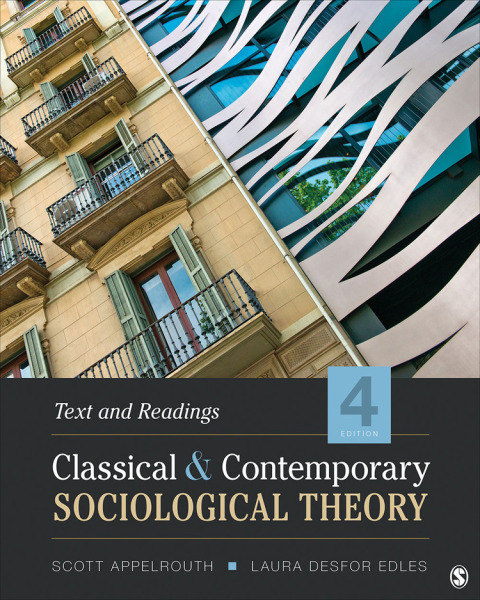
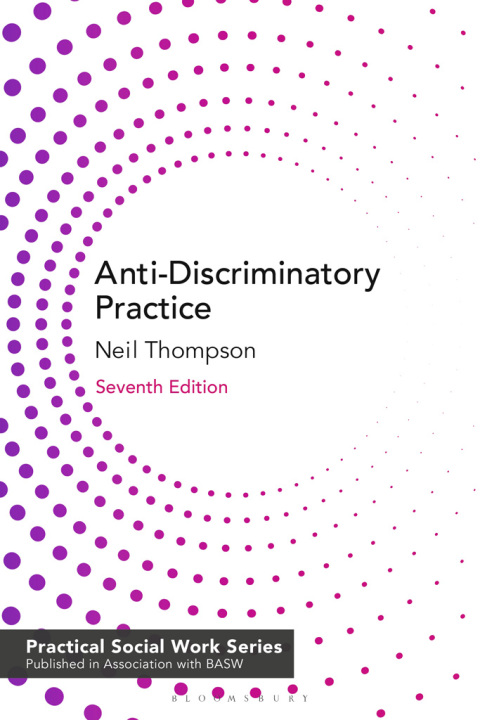
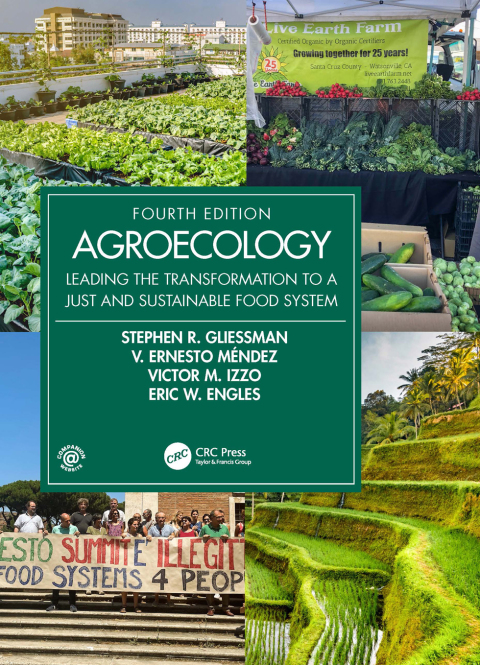
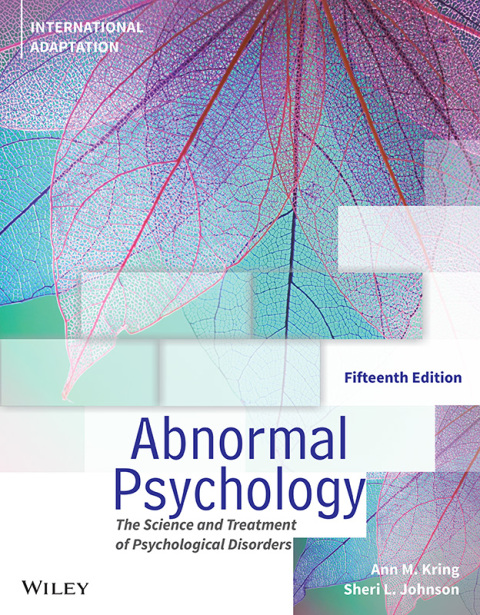
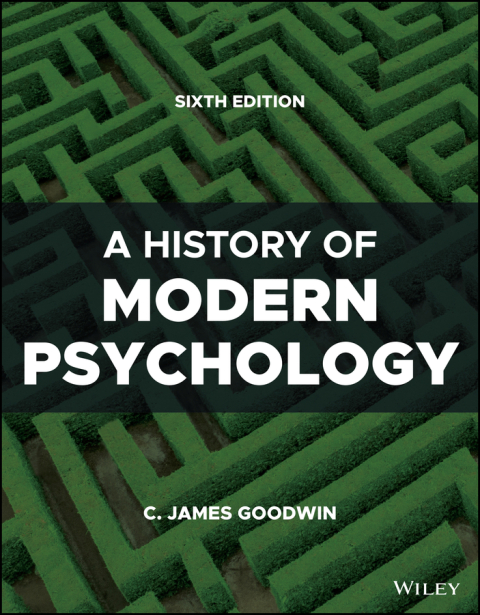
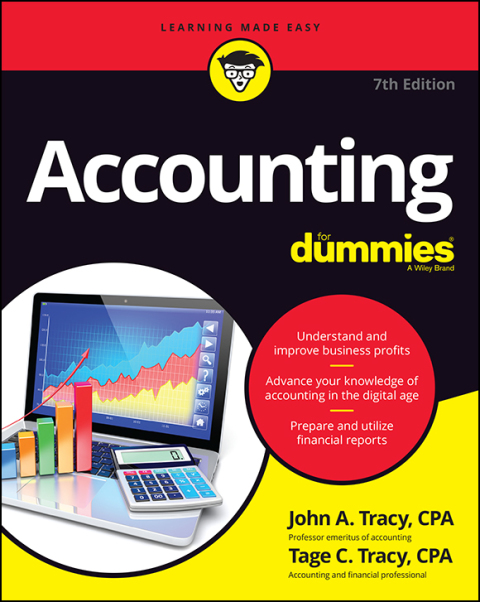
Reviews
There are no reviews yet.